UN-ESCAP invited Digitally Inclusive Healthy Ageing Communities (DIHAC) in China 2024
Principal Investigator of the DIHAC study, Associate Professor Myo Nyein Aung, Department of Global Health Research, Juntendo University was invited to participate in the United Nation Economic and Social Commission for Asia and Pacific (ESCAP) Regional Meeting on Enhancing digital literacy among older persons in Asia and the Pacific,” organized at Lake View Hotel, Beijing, China and online, on 1st and 2nd August 2024. The meeting is organized by China Population and Development Research Center CPDRC.
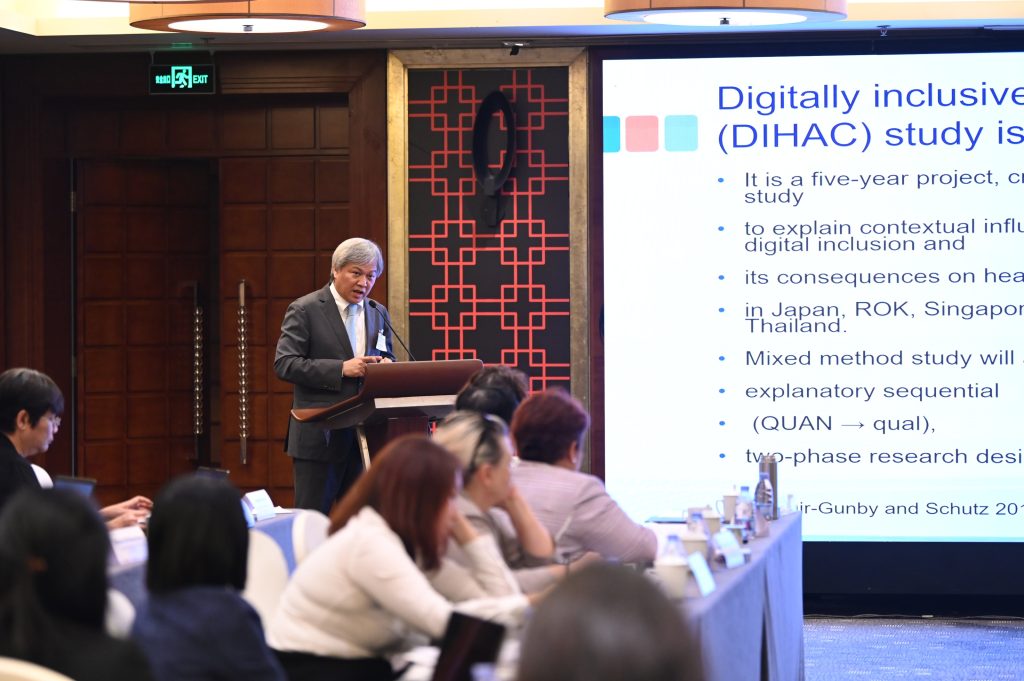
Figure1: Dr Myo Nyein Aung giving a panel discussion at ESCAP meeting
This meeting, organized by ESCAP in partnership with the China Population and Development Research Centre (CPDRC), concentrated on sharing survey findings and good practices, discussing strategies and developing tools for increasing digital literacy among older persons and fostering collaboration among stakeholders in the region. The meeting shared recent findings of digital literacy surveys in Laos PDR, Vietnam, Cambodia, Kyrgyzstan and India to prepare for the report and policy recommendation. He shared the research findings from Digitally Inclusive Healthy Ageing Communities (DIHAC): A cross-cultural study in Japan, Republic of Korea, Singapore and Thailand to government officials and researchers and provided policy recommendation for developing tools to promote digital literacy of older persons in Asia and Pacific Region.
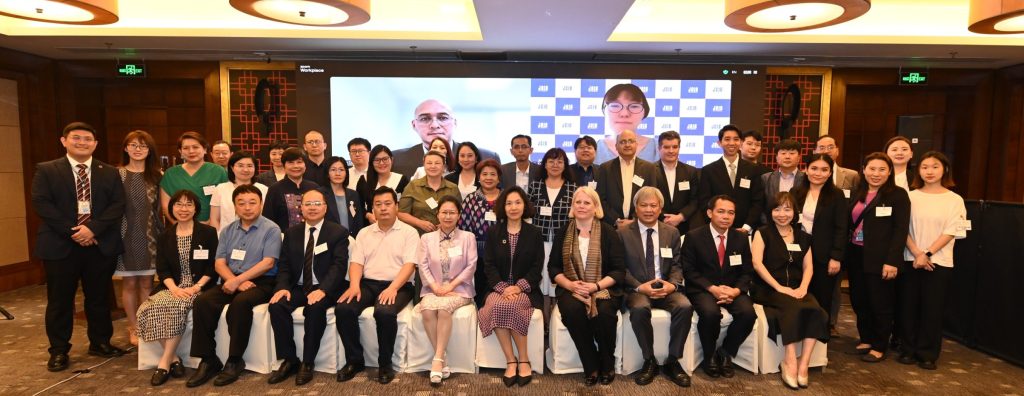
Figure 2: ESCAP regional meeting participants 1.8.2024 at Lake view hotel Beijing
Photos of ESCAP meeting on 1st August 2024 Photos of ESCAP meeting on 2nd August 2024 Regional meeting report and document to download
In the second week of August, he was invited to Baotuquan Campus, Shandong University, Jinan, to the 3rd China-Japan- Korea Healthy Ageing Conference to give a lecture. The title of the lecture was “Culturally Diverse, Community-Based Social Innovations (CBSI) for Healthy, Ageing and Digital Inclusion in Japan, Republic of Korea, Singapore, Thailand, Mexico, India, and China”.
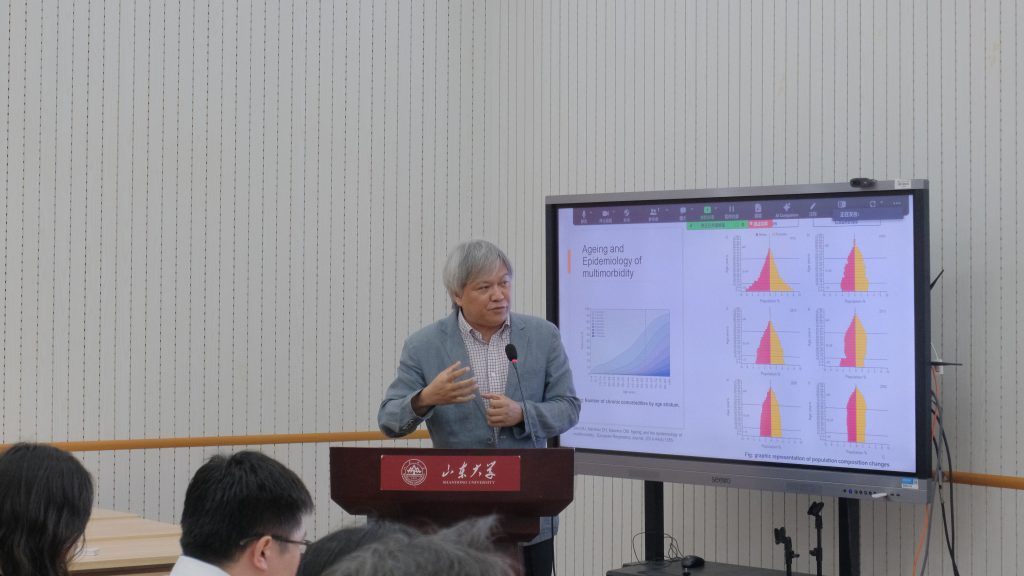
Figure 3: DIHAC study PI giving a lecture at the 3rd China-Japan-Korea Healthy Ageing Conference
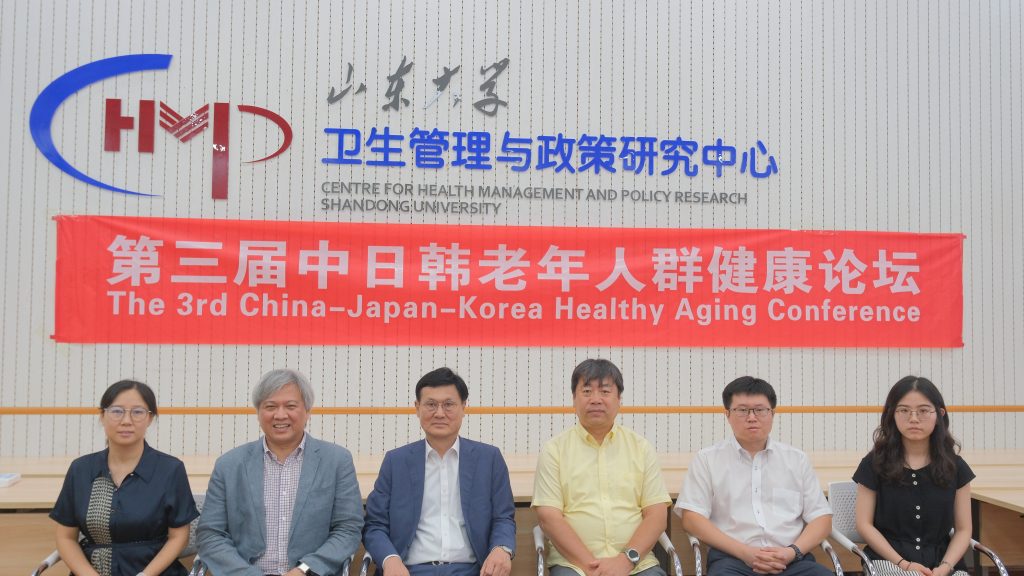
Figure 4: Invited speakers and the chair of the 3rd China-Japan-Korea Healthy Ageing Conference
Profess Nam Eun Woo, who is also investigator, and adviser of DIHAC Korea team, Professor and Head of Department of Health Administration, Director of Yonsei Global Health Center, Dean, College of Software and Digital Healthcare Convergence, Dean, Graduate School of Health Sciences, Yonsei University, Republic of Korea also gave a lecture on “Social Prescribing and Healthy Ageing in Republic of Korea”.
The 3rd China-Japan-Korea Healthy Ageing Conference and Summer School of “The intermediary Applications of Structiral Equation Model Analysis” are organized by Centre for Health Management and Policy Research, Department of Social Medicine and Health Services Management, School of Public Health, Shandong University on 6-12 August 2024. The conference was joined by Professors from Beijing, Shandong, Republic of Korea and Japan. The event was chaired by Professor Kong Fanlei, Associate Professor, School of Public Health, Shandong University, and Shandong University Vice Minister of International Affairs.
Invited speakers and graduate students observed the primary health care center, National Institute of Health Data Science of China. DIHAC study PI and China professor also visited Longterm care facility in Jinan city
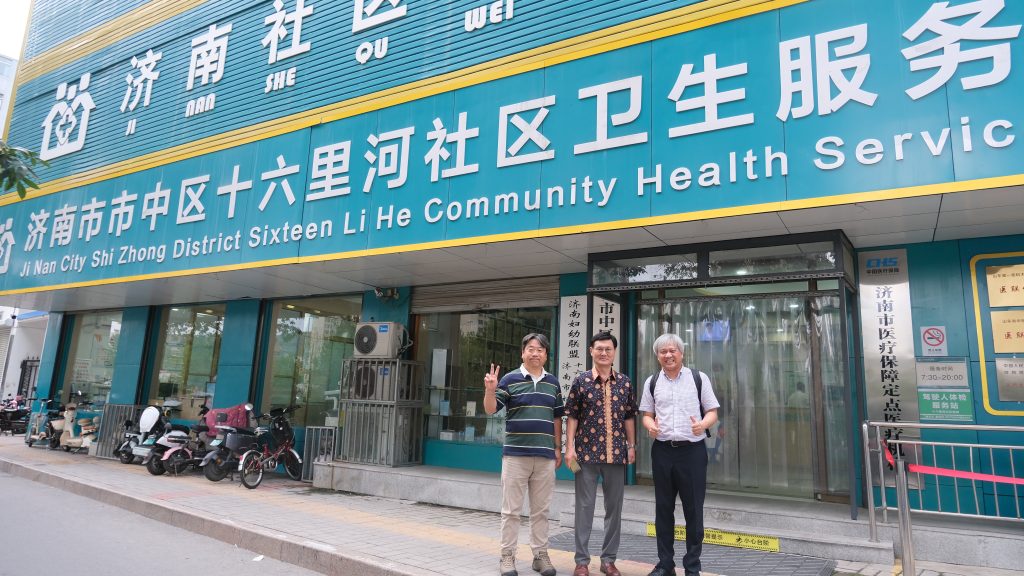
Figure 5: DIHAC study investigators and Professor Ai from China (lt) observing Li He community health service center, Jinan city
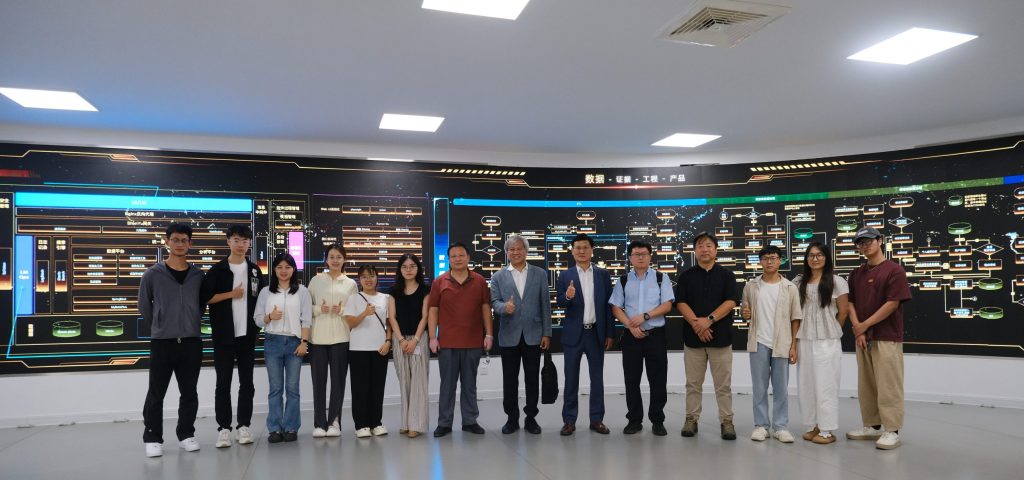
Figure 6: Shandong University Graduate Students and International Professors observing National Institute of Health Data Science of China, Jinan city
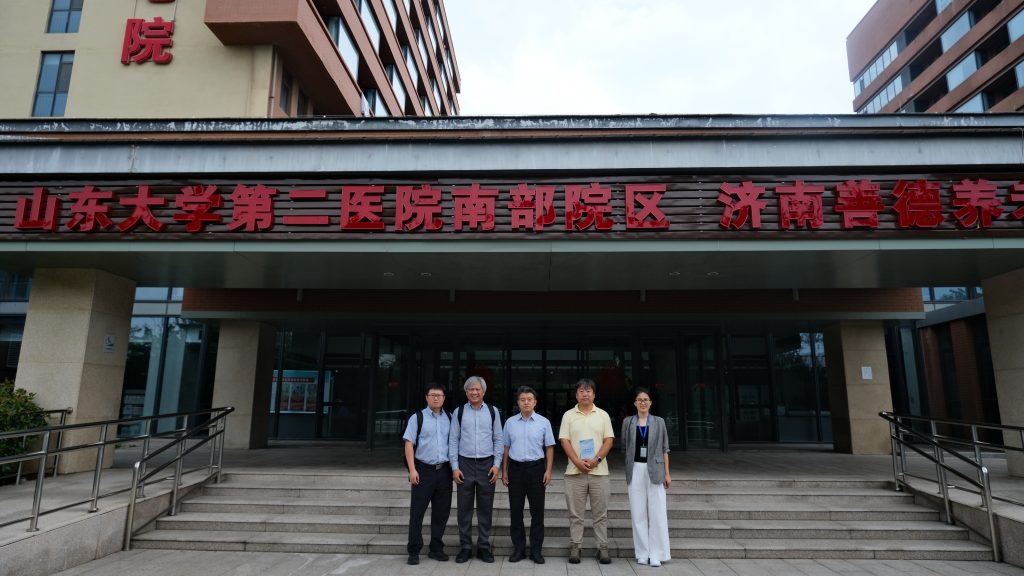
Figure 7: DIHAC study PI and Professors from China observing the long-term care facility in Jinan city
